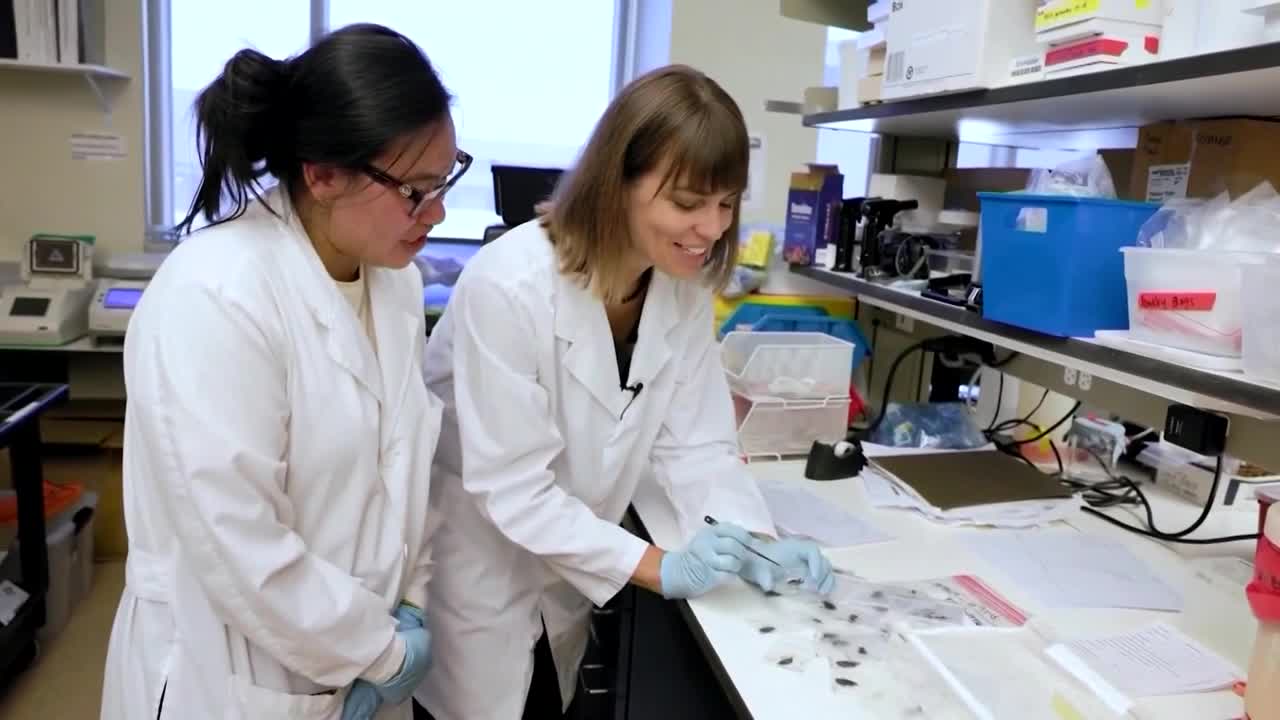Health experts are raising awareness about the spread of Chagas disease, a potentially deadly illness transmitted by insects known as "kissing bugs" in the United States.
Locally acquired human cases have been reported in eight states, suggesting the disease may be becoming endemic in parts of the country, CBS News reported.
"Kissing bugs are blood-sucking insects, just like mosquitoes and ticks, and they're responsible for spreading a parasite that can cause Chagas disease," said Dr. Sarah Hamer, veterinary epidemiologist at Texas A&M University.
The disease is already endemic to 21 countries in the Americas, but its presence in the United States isn't new.
"Chagas disease is certainly not new in the United States. We've had the kissing bug insect vectors, the Chagas parasite, infected wildlife, infected dogs, infected humans have all been around interacting for a long time," Hamer said.

Despite the concerning spread, health experts emphasize that most Americans face minimal risk.
"It's important to emphasize that the risk is very low. This is exceedingly rare. So for most people, this is not something you should be worried about. The people who are highest risk live in substandard housing, particularly in rural areas and communities with limited access to pest control or screening, hunters, campers, and other people who come into close contact with wildlife," said Dr. Celine Gounder, CBS News medical contributor.
Diagnosing Chagas disease presents challenges because symptoms can be mild or nonexistent in the early stages. Initial symptoms may include fever, fatigue and body aches.
"Many people don't know that they have Chagas disease until the chronic phase, which can be many years later. About 20 to 30% of infected people can develop serious problems years later, which include an enlarged heart, which can cause heart failure or an abnormal heart rhythm. They can also develop an enlarged esophagus or colon, which may interfere with gastrointestinal functioning," Gounder said.
Antiparasitic treatments for Chagas disease are available and work best when started early.
Gounder suggests the CDC should work with state and local health departments to conduct surveillance and educate doctors "so that this is on their radar when they're seeing patients."










This story was initially reported by a journalist and has been converted to this platform with the assistance of AI. Our editorial team verifies all reporting on all platforms for fairness and accuracy. To learn more about how we use AI in our newsroom, click here.





